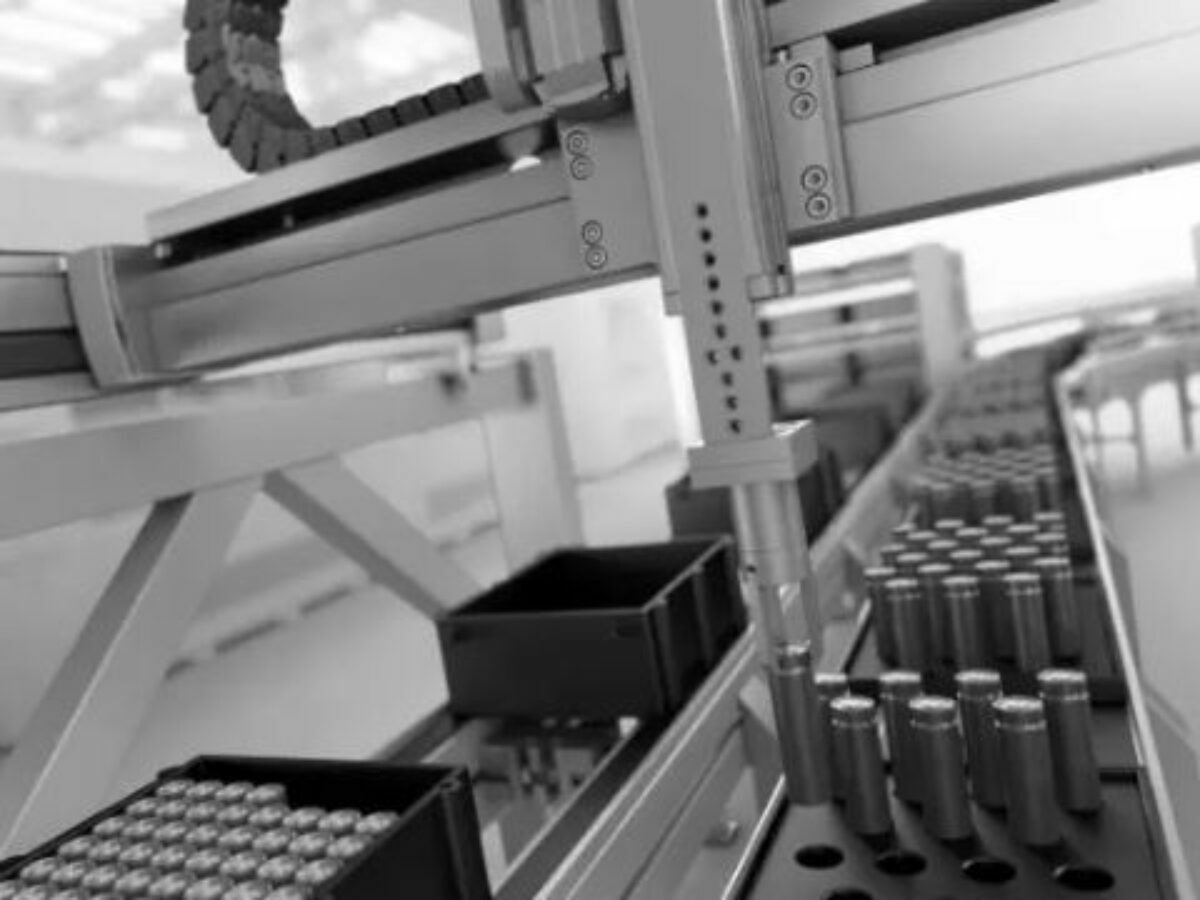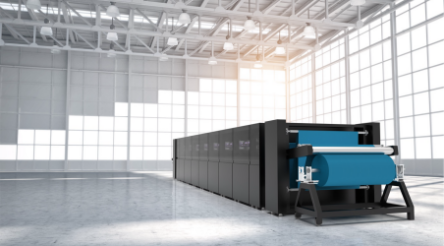Sparc Technologies progresses sodium ion batteries

New tests by technology development company Sparc Technologies has shown continuing improvement in key parameters of performance for the sodium ion battery the company is developing with the Queensland University of Technology.
The Adelaide company said today it would accelerate R&D efforts and had launched a techno-economic analysis of the batteries following battery testing and material characterisation carried out on its chosen bio-waste material derived anodes.
Electrochemical testing had confirmed consistently high reversible capacities and improvements in initial coulombic efficiencies (IEC) utilising a new processing method under development.
ICE is an alternative to the term faradaic efficiency of current efficiency, while reversible capacity is a term for the energy storage capacity of the active material in a battery.
Sodium ion chemistries are considered low cost given the availability of raw materials, safety and ease of transport and a greater operating temperature range than lithium ion.
Sparc Technologies Executive Chairman Stephen Hunt said the company was extremely pleased with the latest results.
Hunt said: “The feedstock and process is demonstrating high capacity anode material which, subject to further testing and results, holds the potential to improve the energy density and carbon footprint of sodium-ion batteries.
“Sparc continues to see momentum building behind sodium ion batteries as an alternative battery chemistry, driven by raw material availability and cost, and we remain well positioned as one of the only ASX listed companies actively targeting this growing field.”
Further reading:
Browse @AuManufacturing's coverage of Sparc Technologies here.
Picture: credit Sparc
@aumanufacturing Sections
Analysis and Commentary Awards casino reviews Defence Gambling Manufacturing News Online Casino Podcast Technology Videos





